On October 18, the Forum “Promoting Economic Recovery and Development: Key Points and the Role of the State Audit” took place in Hanoi. One of the important topics of the Forum was “Land Management and Land Pricing - Inadequacies from Practice and State Audit Activities” chaired by Deputy State Auditor General Ha Thi My Dung and Deputy Minister of Natural Resources and Environment Le Minh Ngan.
At the Forum, not only representatives of real estate investors "complained" about difficulties, but some large provinces and cities also shared the difficulties that these authorities encountered.
Therefore, the Workshop is expected to "identify" difficulties and problems in determining land prices, and from there propose solutions with the State Audit.
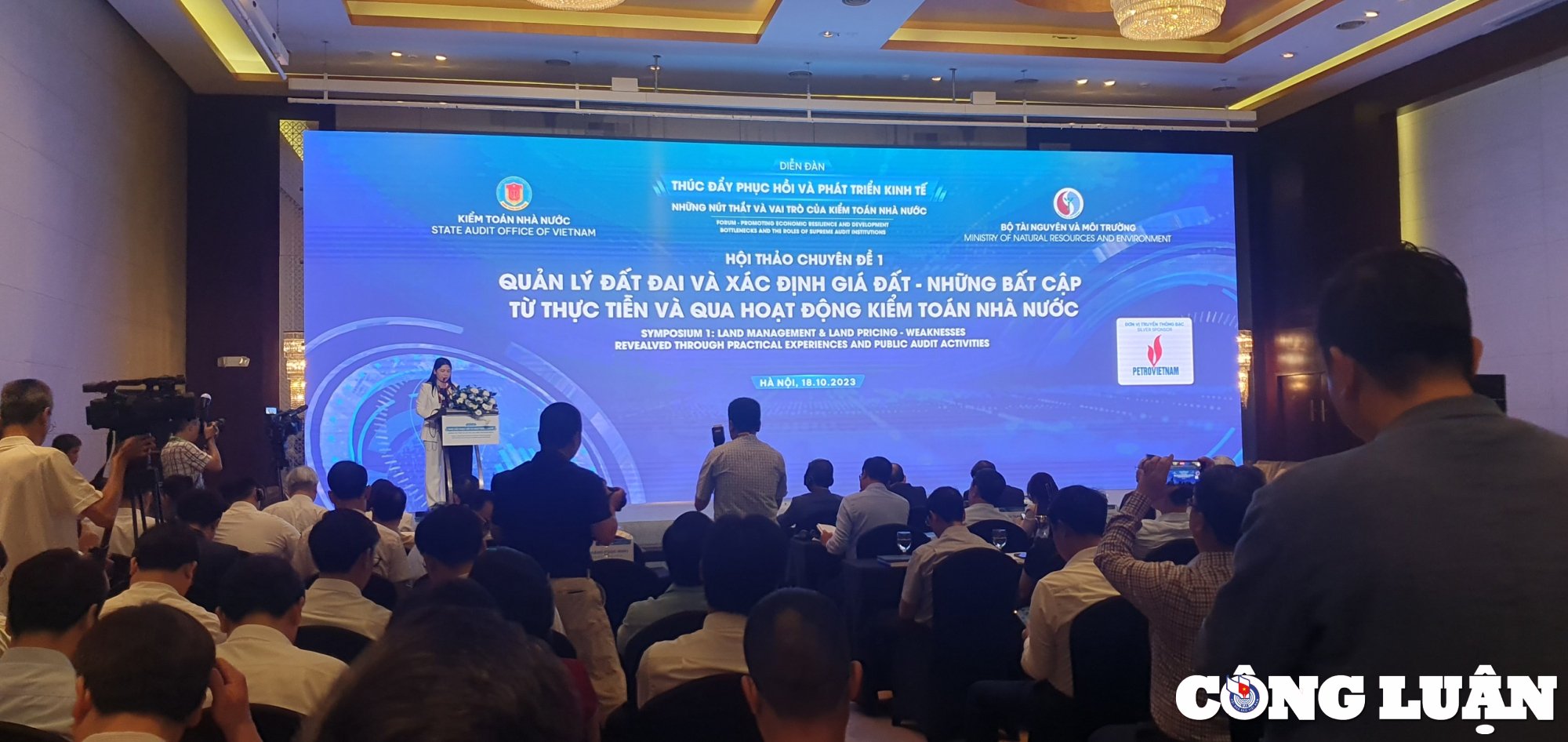
“Land management and land valuation - Inadequacies from practice and through state audit activities” chaired by Deputy State Auditor General Ha Thi My Dung and Deputy Minister of Natural Resources and Environment Le Minh Ngan. Photo: Hoang Tu
Provinces and cities also have difficulty determining land prices.
At the workshop, the Hanoi People's Committee said that in recent times, this agency has thoroughly implemented decentralization and delegation of authority to increase the initiative of the district-level People's Committees in land acquisition; site clearance; determining specific land prices as a basis for compensation and resettlement; promptly resolving problems related to land acquisition, compensation, support, resettlement, and implementation of public investment projects in the city (Ring Road 3 and Ring Road 4 projects; railway projects, etc.).
Through practice, the Hanoi City People's Committee assesses that the application of residential land prices to determine land rental prices for public service units that have switched to financial autonomy according to the provisions of Point d, Clause 3 of Decree 44/ND-CP dated May 15, 2014 of the Government is inappropriate.
Meanwhile, Khanh Hoa Provincial People's Committee is also struggling with "correcting mistakes" in determining land prices for many previous projects.
Khanh Hoa Provincial People's Committee commented that land valuation is an estimate of the value of land in monetary form for a defined purpose of use, at a specified time. Land valuation plays an important role in the economy as well as the State's land management activities.
In addition to the task of determining specific land prices to serve the collection of land use fees, land rents, compensation and resettlement support in the area, Khanh Hoa province also has to determine land prices to remedy projects with violations according to the conclusions of the Central Inspection Committee and the Government Inspectorate. This is a new, special and very difficult task for the task of determining specific land prices in the province.
This agency shared the work of determining specific land prices to overcome illegal projects and projects to collect land use fees. The Standing Committee of the Provincial Party Committee and the Provincial People's Committee have closely directed but it is still slow and has not met the requirements of the assigned tasks due to problems: Projects due to planning adjustments, changes in structure and form of land use must re-determine land prices; Problems with legal documents for investment, land, construction planning, details, land types; There is no data on market land prices, ...
The Department of Land Resources Planning and Development, Ministry of Natural Resources and Environment, assessed that the land price framework and land price list were built in accordance with regulations, taking into account common land prices on the market.
However, through the summary results of Resolution No. 19-NQ/TW, summarizing the implementation of the 2013 Land Law, it can be seen that up to now, some legal provisions on land prices are no longer effective in practice, revealing some limitations such as some methods of determining land prices are not suitable for the actual conditions of information on the land use rights market, not suitable for state management of land prices in the context of incomplete land price database;
Investors "complain" about difficulties
Speaking at the workshop, Mr. Le Hoang Chau - Chairman of Ho Chi Minh City Real Estate Association (HoREA) gave an assessment of the current status of "land price determination" to "determine specific land prices" according to the provisions of the 2013 Land Law.

Participants in the Workshop “Land Management and Land Valuation - Inadequacies from Practice and State Audit Activities” under the Forum “Promoting Economic Recovery and Development: Key Points and the Role of State Audit”. Photo: Hoang Tu.
According to Mr. Le Hoang Chau, the 2013 Land Law and Decree 44/2014/ND-CP have stipulated "5 land valuation methods" and "application of land valuation methods" but they are not complete, not specific, not close to the practical situation, some provisions are not really "standard", such as stipulating the "subtraction method" while this is only a calculation technique of the "comparison method"; or have not stipulated the "mass land valuation method" while in reality the State has applied the "mass land valuation method" to build land prices of the "land price frame" or "land price list"; or only applied the "land price adjustment coefficient method" to projects where the land plots and land lots have a value of less than 30; 20; 10 billion VND according to the "land price list", but not applied to projects where the land plots and land lots have a higher value.
The application of "land valuation methods" does not give reliable results. For example, the same project by the same land valuation consultancy unit applies 2 different "land valuation methods" to "determine land price", which often gives 2 different results with a difference of about 20%; or a project by 2 land valuation consultancy units and applies the same "land valuation method" to "determine land price" also gives 2 very different results.
Mr. Chau gave an example of an urban area project in Binh Thuan province where the first state agency assessed the land value at 900 billion VND, the second state agency inspected and assessed the land value at up to 1,800 billion VND, and the third state agency re-inspected and assessed the land value at more than 3,000 billion VND.
Because determining land prices is causing difficulties for many investors, Mr. Le Hoang Chau assessed the very important role of the State Audit in performing the task of auditing the work of "determining land prices, appraising land prices, deciding on land prices" to "determine specific land prices to calculate land use fees, land rents for projects using land, to "evaluate and confirm the accuracy and honesty of public financial information, public assets or financial reports related to the management and use of public finance, public assets, compliance with the law and efficiency in the management and use of public finance and public assets".
Even auditing is a problem.
State Audit Region I said that currently, according to regulations, we have 5 methods of land valuation. Through audit practice, it shows that: mainly localities use the comparison method to calculate specific land prices when compensating for land; the surplus method for land valuation in planning areas; the income method in agricultural land valuation and the land price adjustment coefficient method for small, low-value land plots.
Many localities are experiencing delays in specific land valuation. The time for approving land prices to collect land use fees is often much later than the time for land allocation. There are projects that have lasted 2 to 3 years without land price approval.
In many cases, land prices are not or have not been adjusted in a timely manner when planning adjustments affect land prices or when the 5-year land rental price stabilization cycle ends. The delay in land valuation leads to land use fees not being mobilized in a timely manner into the state budget.
Audits show that in many projects, land prices were not appropriately valued - much lower than the auction price or the market reference price at the time of valuation. In many cases, the selection of dissimilar comparable assets, combined with inappropriate quantification and adjustment of different factors, reduced the value of the land being valued.
There are projects that select comparable assets at a time far from the valuation time, but do not include the factor of adjusting the comparative price to the level at the valuation time. Many projects take price information of comparable assets according to the sales contract at the notary office, which does not ensure the reliability and accuracy of the price information on the contract compared to the actual transaction price.
In addition, many factors included in valuation lack a clear basis, or are not determined to be suitable to reality such as: investment rate, occupancy rate, investor's standard profit margin, sales cost ratio, cash flow discount factor...
The State Audit of Region I assessed the practice and found difficulties and inadequacies in determining development investment costs in the surplus method when valuing land. The audit showed that there was no consistency among localities: some localities established according to investment rates, some localities established according to detailed estimates; some localities made provisional estimates and required detailed settlement.
The role of State Audit
Dr. Vu Dinh Anh assessed that land valuation in general and land valuation methods in particular are one of the key audit subjects of the State Audit in recent times.
Auditing activities for this content need to closely follow the requirements of the Central Resolution on abolishing the land price framework (the land price framework stipulated in Decree 96/2019/ND-CP is the basis for localities to issue land price lists for the period 2020-2024), have mechanisms and methods for determining land prices according to market principles, and stipulate the functions, tasks and responsibilities of the agency responsible for determining land prices.
Accordingly, the Central Government develops criteria and procedures for inspecting and supervising localities in the development of land price lists. Provincial People's Councils decide and inspect and supervise the implementation of land prices.
“The State Audit conducts an audit of land valuation, the independence of the land valuation council, the capacity of land valuation consultancy organizations, the capacity and ethics of valuers, as well as compliance with regulations ensuring publicity and transparency such as: Public land prices, mandatory transactions through trading floors, payment via banks, no cash;…” - Dr. Vu Dinh Anh gave his opinion on the role of the State Audit in determining land prices.
Source








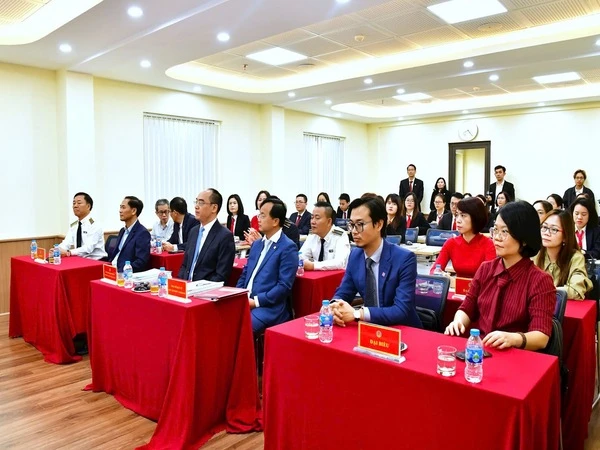

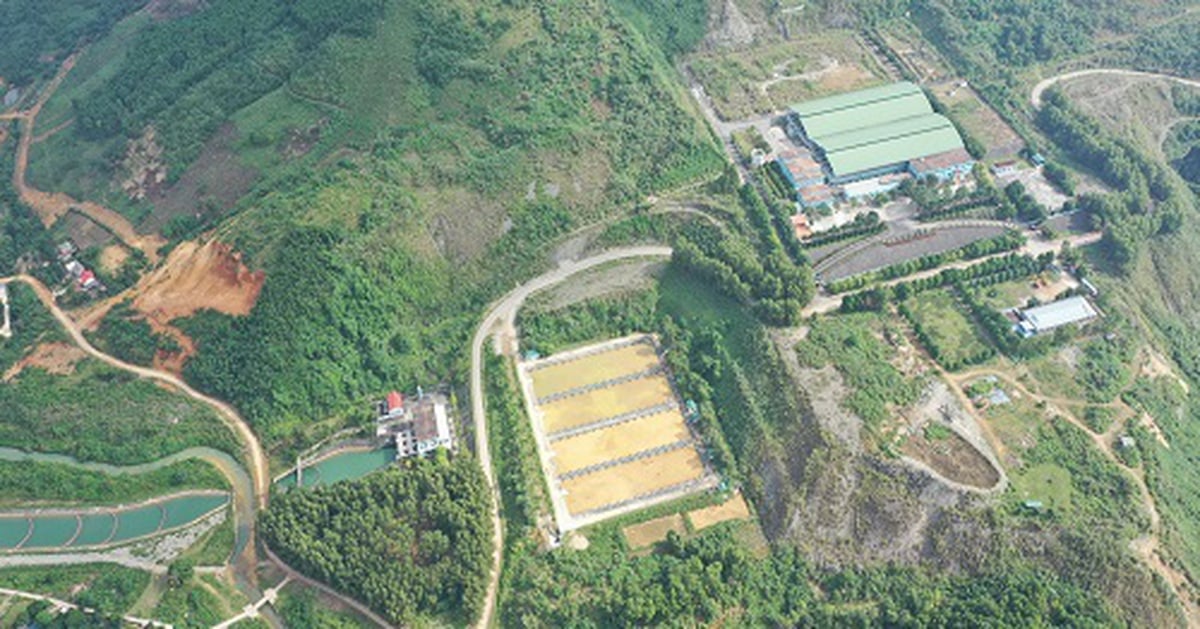

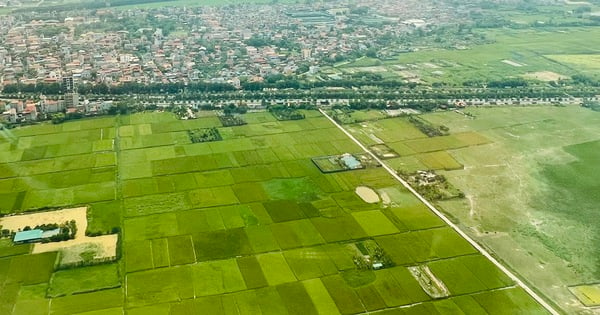



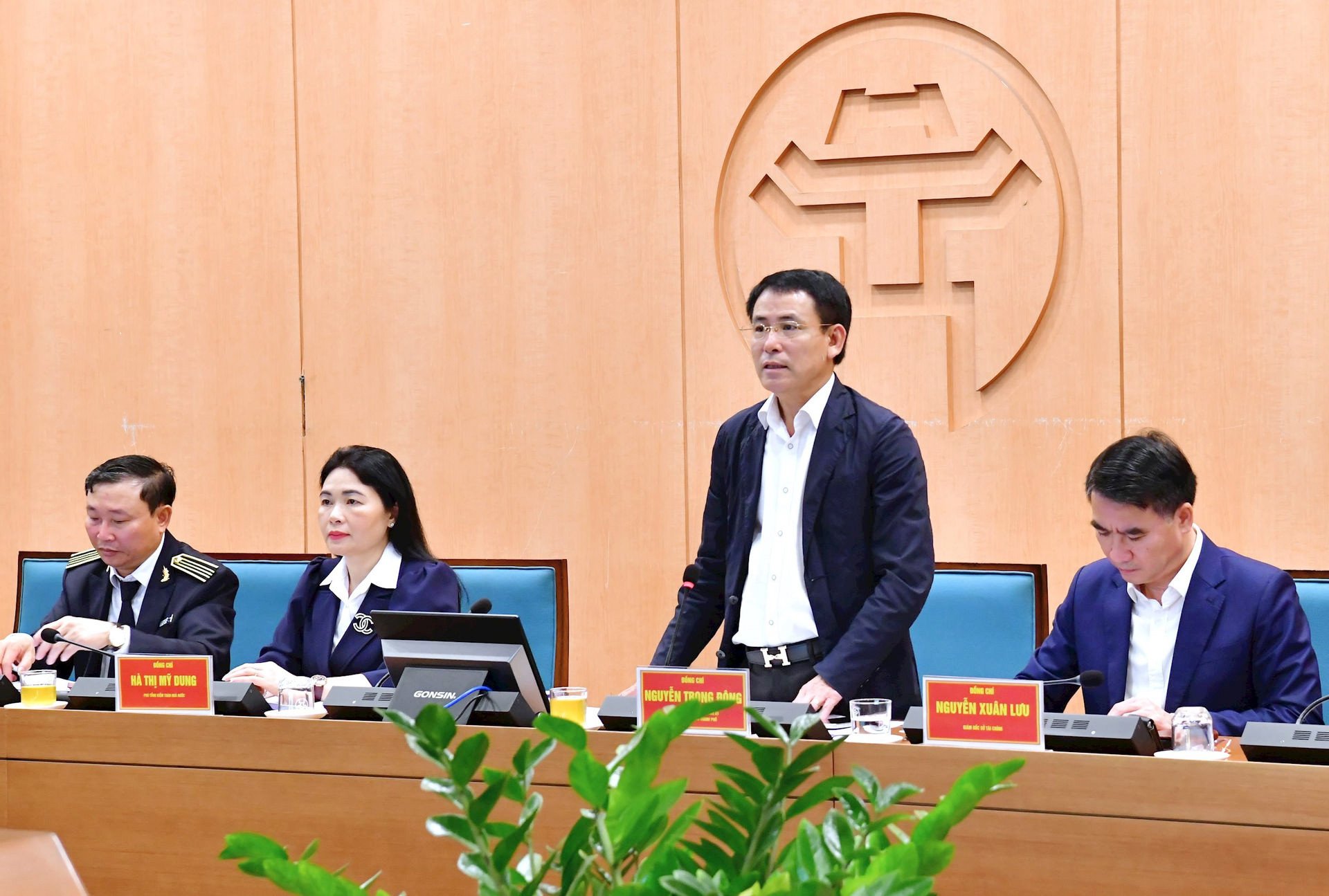

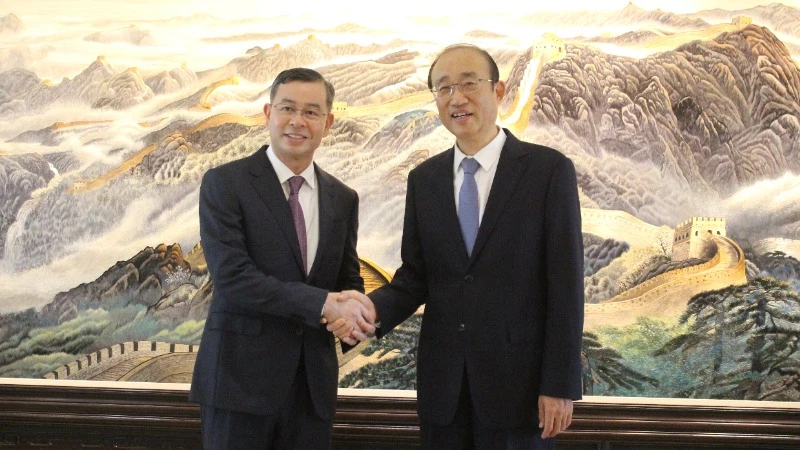

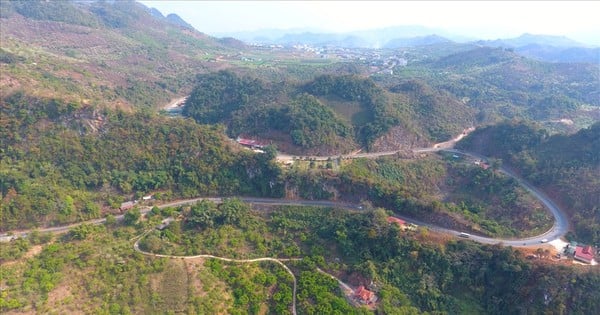
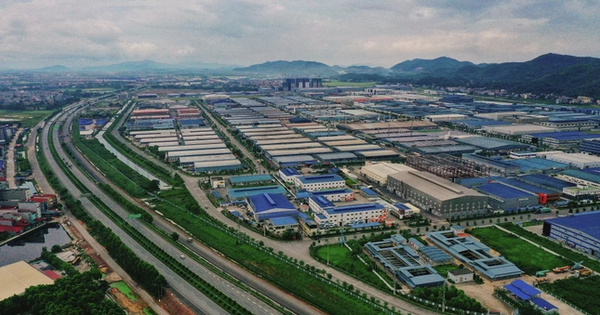





















































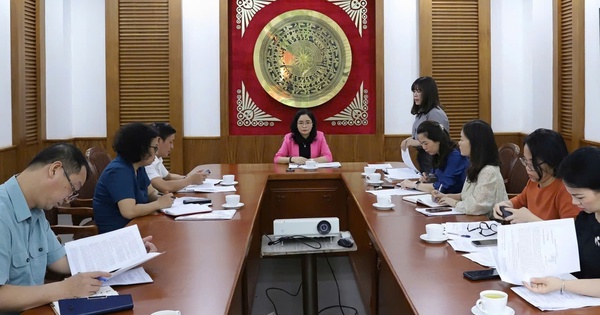




















Comment (0)